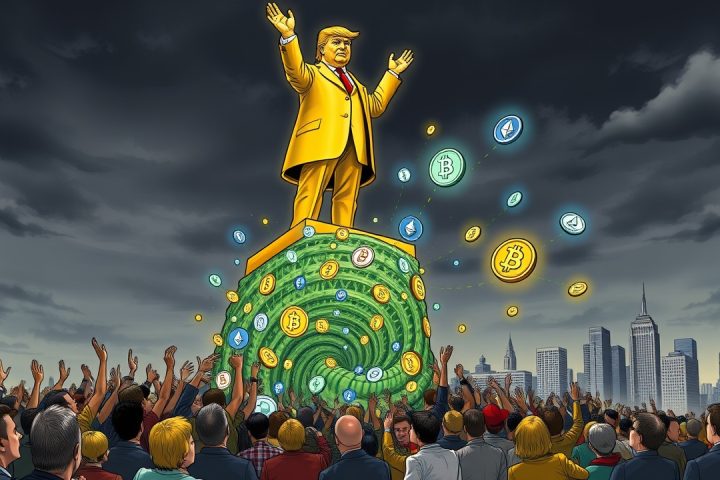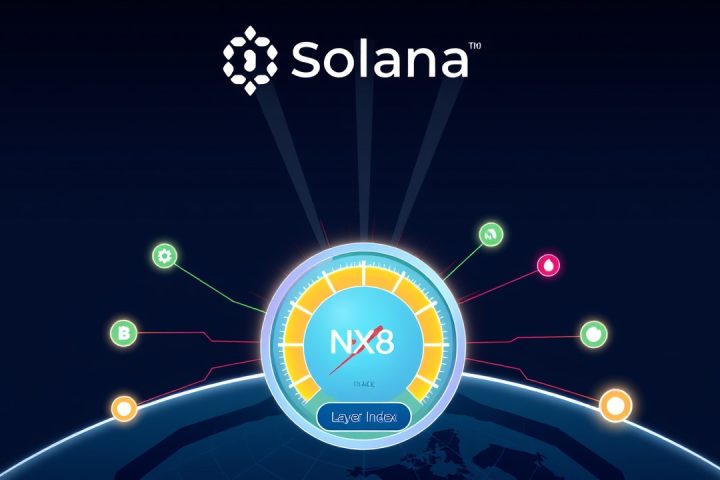SEC Chair Paul Atkins Addresses Cryptocurrency Regulation
In a significant address on Wednesday, SEC Chair Paul Atkins provided insights into the regulatory landscape for cryptocurrencies, outlining the specific conditions under which these digital tokens would be subject to oversight by the Securities and Exchange Commission (SEC) during the upcoming Trump administration. This speech marked one of his most detailed discussions on the issue to date and aligned with previous remarks made by fellow SEC Commissioner Hester Peirce regarding the classification of certain crypto assets.
Classification of Crypto Tokens
Atkins pointed out that not all crypto tokens should be classified as securities. He identified several categories that fall outside the purview of the SEC:
- Network Tokens: Associated with functioning decentralized blockchain systems, likely encompassing a wide array of tokens, including well-known platforms like Ethereum, Solana, and XRP.
- Digital Collectibles: Cryptocurrencies representing rights to media content or tied to internet phenomena such as memes, current events, or popular trends. This classification implies that many popular and often volatile meme coins would not be regulated by the SEC.
- Digital Tools: Tokens that serve specific practical functions, like access passes or membership badges, which are deemed non-securities.
Rationale Behind SEC’s Approach
While these categorizations were not entirely surprising given the SEC’s increasingly favorable stance towards crypto over the past few months, Atkins shed more light on the rationale behind this approach. He emphasized the importance of managerial efforts by third parties, stating that a token should only be classified as a security if the purchasers have a reasonable expectation of profits driven by such managerial promises. These promises must be “explicit and unambiguous” for a token to be deemed a security under SEC regulations.
Based on these criteria, it’s likely that the vast majority of current trading tokens would not fall under SEC jurisdiction. Moreover, if a token were initially classified as an investment contract, it could regain its non-security status if its issuer fulfills or fails the promised representations, or if they simply cease to exist.
Tokenized Securities and Innovation
Atkins made it clear that “tokenized securities,” which represent existing securities and are traded via blockchain, would continue to be subject to SEC regulation. Furthermore, he expressed support for the development of “super-apps” that facilitate the trading of both regulated and non-regulated assets on a single platform, stressing the need for innovation in the market. He has tasked his team with creating guidelines that would enable such securities to be traded outside of SEC-regulated environments.
Conclusion
In his closing remarks, Atkins reflected on the SEC’s foundational purpose established post-Great Depression, insisting that the agency’s mandate should not encompass the broader crypto industry. He articulated that the securities laws were designed to mitigate specific issues where individuals invest based on trust in the integrity and competence of others, arguing against applying these regulations universally across all new forms of value, especially those of a digital nature.




